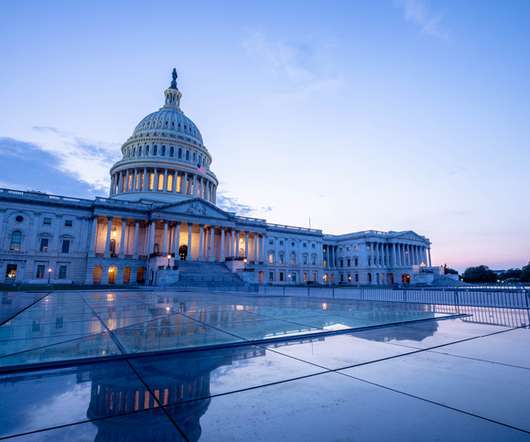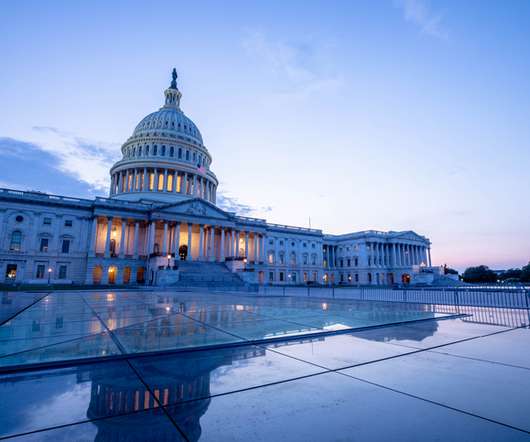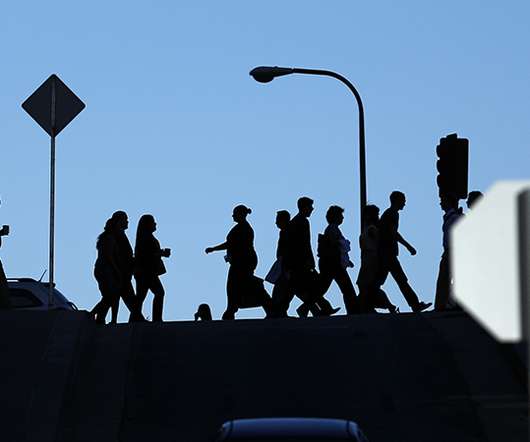Congress Passes ARPA With Many COVID-19 Payroll-Related Provisions
ThomsonReuters
MARCH 10, 2021
Provides that paid sick and paid family leave credits may each be increased by the employer’s share of Social Security tax (6.2%) and employer’s share of Medicare tax (1.45%) on qualified leave wages. “Applicable employment taxes” are defined as the employer’s share of Medicare or Tier 1 RRTA tax. .













Let's personalize your content